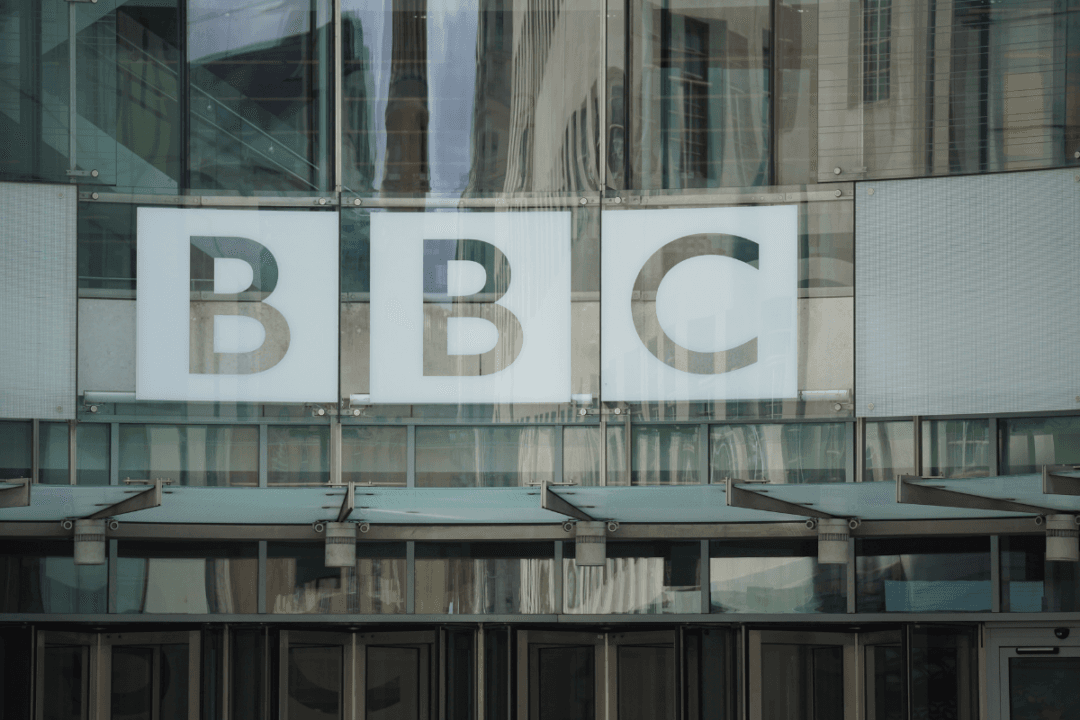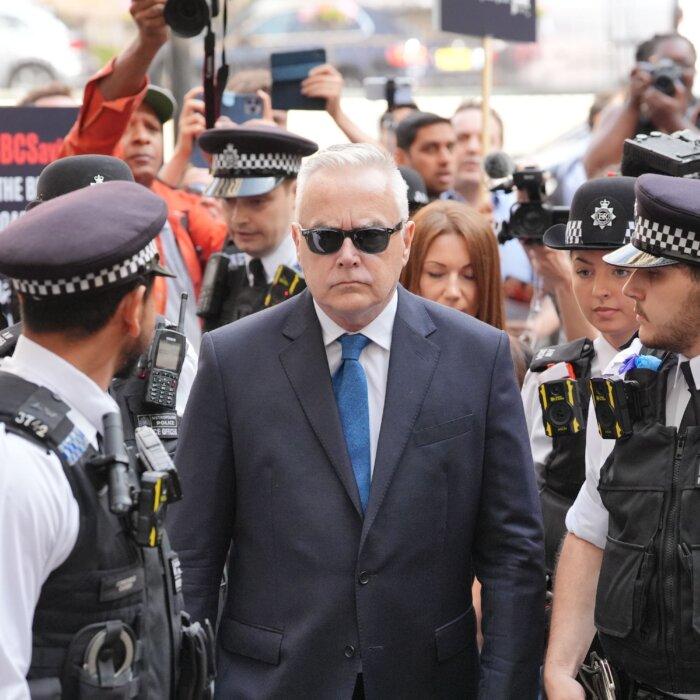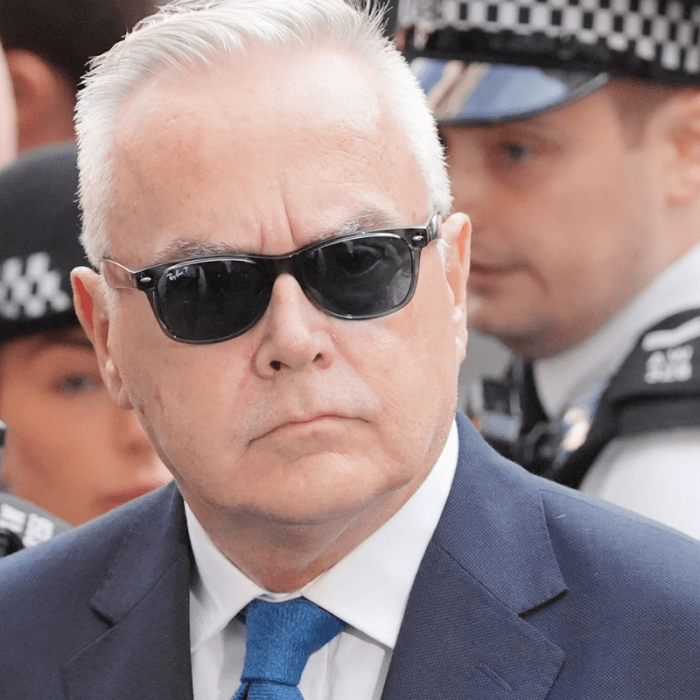More than 200 people from the TV and film industry called for the BBC to be investigated over allegations of anti-Semitism on Friday.
Managing partner at Fulwell 73 Leo Pearlman, who was an executive producer on 2021 film “Cinderella,” Telegraph columnist and ex-BBC One controller Danny Cohen, and former ITV Executive Claudia Rosencrantz are among those who signed the letter addressed to the BBC Board.
The letter says “208 BBC staff, contractors, suppliers and contributors from across the television and film industries, the majority of whom are Jewish,” are in “anguish and disbelief” that previous complaints about coverage and social media breaches relating to the Israel-Hamas war have not been dealt with.
It reads: “We all work in the film and broadcast industries. But we are also members of the wider British Jewish community and can vouch with certainty that there is a loss of faith in the BBC within our community and a widespread opinion that, when it comes to racism and discrimination at the BBC, ‘Jews don’t count.’”
“By contrast, we are certain that were similar incidents to occur at the expense of any other minority, the BBC would show zero tolerance. And with this volume of incidents as documented in our three attachments, they would certainly be worried they might have a serious, institutional racism problem.”
The letter goes on to call for an “urgent formal investigation” into “systemic problems of antisemitism and bias” at the corporation.
It references previous documents, which were sent to BBC chairman Samir Shah in July, in which the group claims there have been multiple breaches of the corporations social media guidelines.
The signatories also pointed to posts from “Match of the Day’s” Gary Lineker, a previous contestant on “The Apprentice,” and BBC Arabic staff among others.
Last year, Mr. Lineker retweeted a post by a pro-Palestinian group calling for the International Olympic Committee, FIFA and all regional and international sports governing bodies to take “an urgent stance” in the wake of Israel’s bombing of Gaza.
The former footballer later claimed he had posted it in error.

The BBC updated its social media guidelines in 2023 to say BBC flagship presenters have a “particular responsibility to help to balance commitments to both freedom of expression and impartiality” following Lineker being taken off air after comparing language used to launch the previous government asylum seeker policy to “1930s Germany.”
“The Apprentice” contestant Asif Munaf apologised in March this year for his social media posts over Israel and received “specialist training.”
Back in March, BBC Director General Tim Davie told MPs that some tweets by BBC Arabic staff were “unacceptable,” and maintained that the broadcaster was “acting fairly and judiciously.”
The letter also made accusations about “bias and inaccuracy” in the corporation’s reporting and raised concerns about the feelings of BBC staff in correspondence to Davie, the corporation’s chief content officer Charlotte Moore and Shah.
They called Moore’s response “brief and unsatisfactory,” and claimed “many Jewish staff have felt let down,” citing reports from Jewish BBC staff .
“Our conclusion from this correspondence should be a matter of shame for the BBC,” the letter says.
A BBC spokeswoman said: “The BBC Chairman has responded to this letter directly.
“It is a great concern to us if anyone does not feel supported at work and we have well-established and robust processes in place to handle any concerns or complaints raised with us confidentially. We have highlighted these to the signatories of the letter. As an organisation, we stand united against any form of abuse, prejudice or intolerance.
“Editorially, we are committed to the highest standards of impartiality in our journalism and in a small number of cases where there have been mistakes we have acknowledged this. Where staff conduct has fallen below expectations, we have taken action.”







